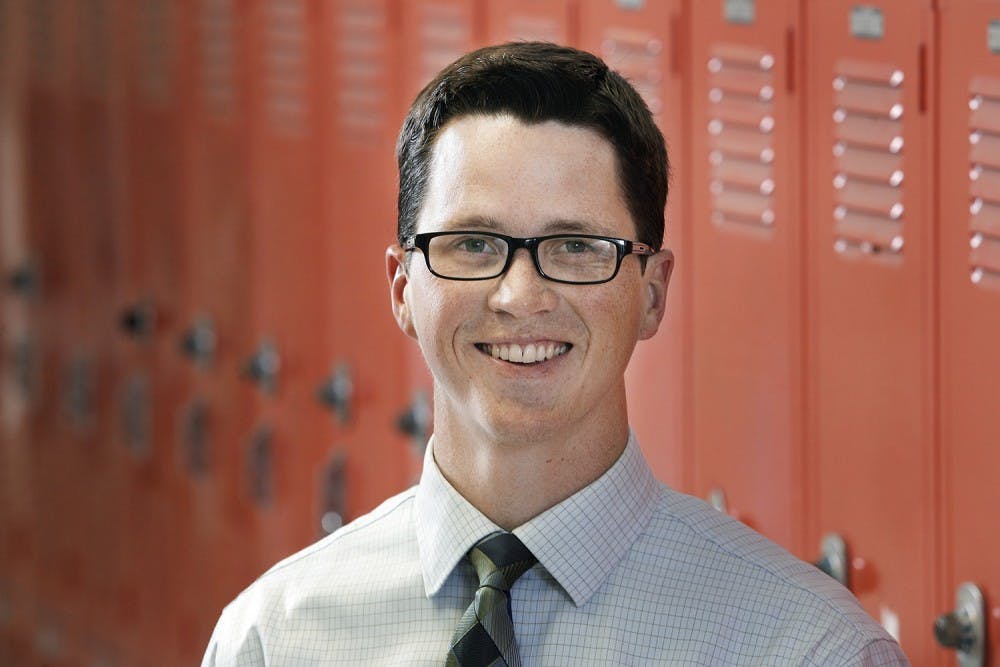Jackson Olsen is the founding principal of Henderson Collegiate High School, a former teacher with Teach for America and a doctoral student at the UNC School of Education. He recently wrote a book, “Teaching for America: Life in the Struggle for ‘One Day,’” about his experience with the education system in North Carolina. Olsen spoke with staff writer Johanna Cano.
The Daily Tar Heel: Could you talk about the Henderson Collegiate High School and how you became the founding principal?
Jackson Olsen: I saw that as a really great opportunity to be able to build something from the ground up that matched my vision for what a college preparatory school should look like in a low-income community, where most students are going to be first-generation college students and most students come from low-income households.
DTH: What inspired you to write your book?
JO: I had a hard time conveying to my family and friends back home the challenges that I was facing as a public school teacher, and I think most public school teachers feel that way. You are in a really difficult position to be a teacher, to be a mentor, to be a counselor, to be a social worker in some cases ... Throughout that entire teaching experience, I kept a pretty detailed journal about some of my experiences, and I decided I could make these journal entries into a compilation of stories that I would then share with my parents and my siblings and my close friends.
DTH: What are some of the challenges educators face in North Carolina?
JO: I think teachers are expected to do a lot, and in a lot of cases they are expected to (do) a lot with very little. ... To be a teacher in this state and in this country, and to do it in the most challenging communities, inner cities or rural, low-income communities, it takes a very special kind of person to say, “Yes, I want to do that and I want to do it long term.”
DTH: In your book, you say the opportunity gap is a “ubiquitous predator.” Could you talk about the opportunity gap and how it affects students?
JO: A student born into the right zip code is presented with so many more opportunities to succeed compared to students born in the zip code where I live and work, in Vance County ... A lot of schools in low-income neighborhoods, in the low-income communities, are just grossly underperforming, and so students from those schools are not getting a fair shot.



